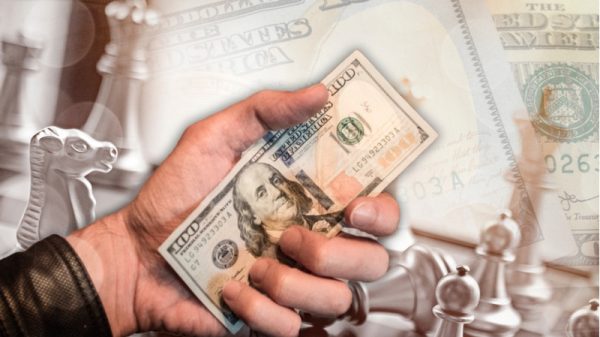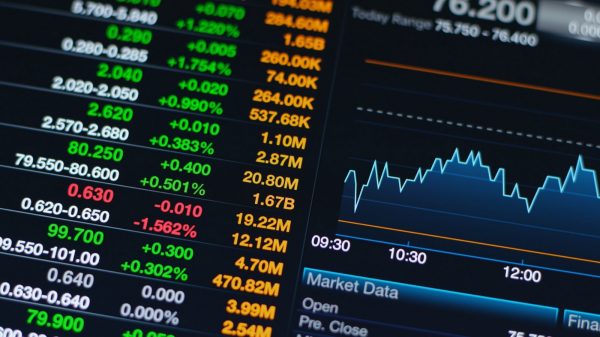Zimbabwe is attempting to stabilize its economy and restore confidence in its monetary system by switching to a gold-backed currency. The new currency, called Zimbabwe Gold (ZiG), is the country’s latest response to its long line of financial crises, which have led to the almost total devaluation of the Zimbabwean dollar.
“We want a solid and stable national currency — it does not help to print money,” said John Mushayavanhu, governor of Zimbabwe’s central bank. Mushayavanhu, who was recently appointed to his post, announced that the initial valuation of the new currency will be set at 13.56 ZiGs per US$1, with subsequent rates to be determined by market forces.
All existing bank accounts denominated in Zimbabwean dollars will be converted into an equivalent amount of ZiGs.
Just this year, the five year old reissued Zimbabwean dollar has plummeted to lose around three-fourths of its value.
According to the central bank, the most recent exchange rate saw the Zimbabwean dollar trading at over 30,674 units against the US dollar. In 2019, when the currency was reintroduced, US$1 equated to 2.50 Zimbabwean dollars.
The Zimbabwean dollar’s turbulent history
The drastic devaluation of the Zimbabwean dollar can be attributed to its tumultuous history.
Initially introduced in 1980, the Zimbabwean dollar rapidly lost its value amid economic instability, becoming one of the least valuable currencies globally. From 1980 to 2022, Zimbabwe experienced a massive average annual inflation rate of 672.5 percent, leading to astronomical price increases in the country.
The currency underwent multiple redenominations in 2006, 2008 and 2009, but each failed to curb hyperinflation. The country’s decision to redistribute land in 2000 further disrupted agricultural production, worsening the situation.
Despite efforts to stabilize the economy, hyperinflation persisted until foreign currencies replaced the Zimbabwean dollar as the primary medium of exchange. Many Zimbabweans have also resorted to a practice known as ‘mattress banking’ — keeping money out of banks and within their homes.
Analysts have doubts that Zimbabwe’s recent efforts will help. Masimba Manyanya, a former chief economist in the finance ministry, said that the lack of currency stability in the country may pose a problem.
“We’ve had five currencies over the past 10 years. It reflects confusion within the government itself,” Manyanya said.
Economist Godfrey Kanyenze echoed this same sentiment with the BBC: ‘We now end up in the same place where we started — where assurances are being given to the market that the government will live within its means.”
He added, ‘The political culture has not changed — the critical point is discipline on the part of the authorities.’
Prosper Chitambara, senior economist at the Labor and Economic Development Research Institute of Zimbabwe, lauded the decision as he emphasized the benefits of linking the currency to a tangible asset like gold.
However, he also stressed the importance of fiscal responsibility in conjunction with the currency change.
“We need to ensure fiscal sustainability through ensuring there is fiscal discipline, fiscal consolidation, restructuring public spending with a view of eliminating waste and nonproductive spending,” he told Voices of Africa in February.
Steven Dhlamini, an economics professor at the National University of Science and Technology in Zimbabwe, said that regaining public trust will be crucial to the success of the new currency.
‘The success of the change will hinge on whether people have confidence in the gold-backed currency,” he said. “So once the trust is established, then that is critical in ensuring the currency will be acceptable and will be stable.”
Securities Disclosure: I, Giann Liguid, hold no direct investment interest in any company mentioned in this article.



























